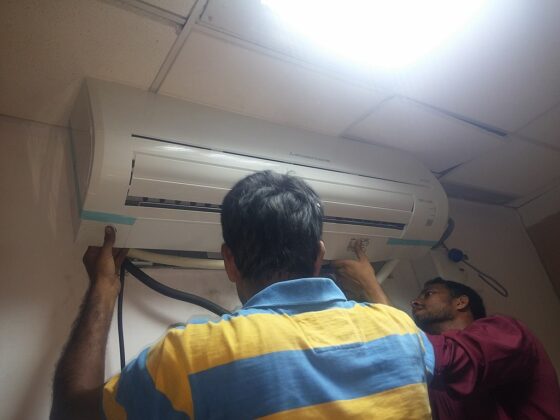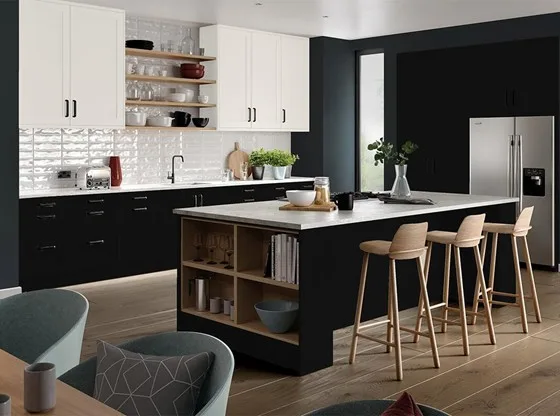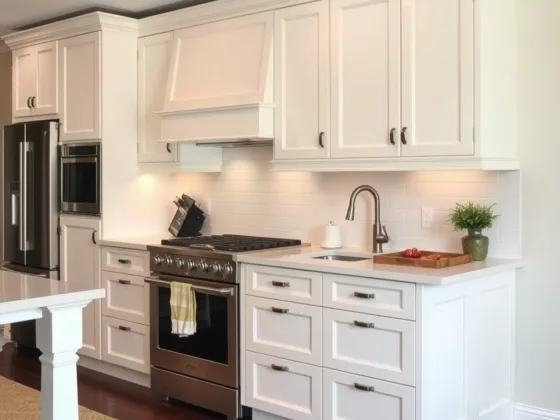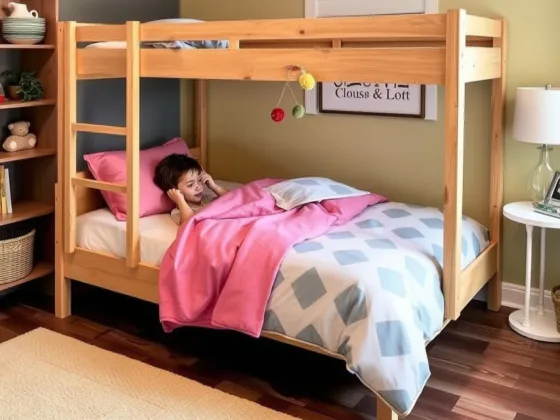Table of Contents Show
Adding a second floor to your home is a large, time-consuming, and costly project but the rewards and ROI are hard to beat.
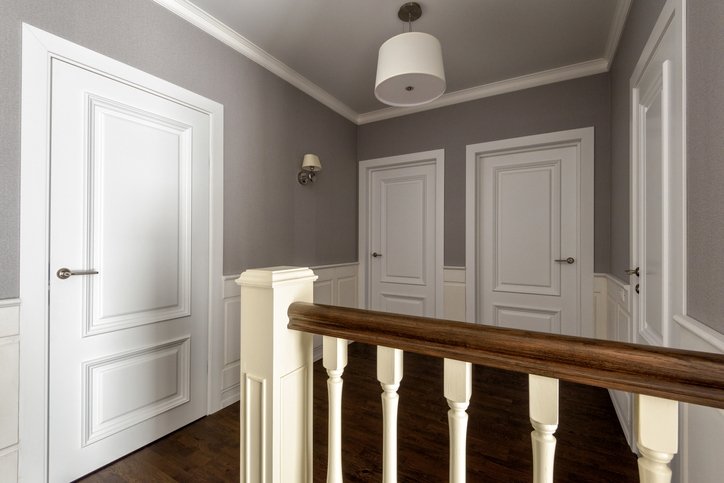
The additional space can be the difference between buying a new home and remaining settled in your current location.
So, if you’re looking at adding a second floor to your home, what are the things you need to consider? The price of this hefty renovation is at the top of the list.
What Does it Take to Add a Second Floor?
Giving your home an additional floor is a great project for those who need a bit more space but don’t want to sell. It can also significantly increase your home’s value when the time does come to move out. Before we can aptly analyze the cost of a second floor, let’s go over what it takes to build one.
Before You Build
If you have your heart set on a second story for your home, there are a few things to consider before you go ripping the roof off. First, you need to look into zonal regulations.
Your city or municipality may have specific rules that prevent you from pursuing your project. These regulations may include restrictions on your home’s height and square footage, or other safety codes in consideration of utilities such as water and sewage.
You also need to look into whether or not your foundation has the capacity to support an additional structure to your home. Although any custom renovations will require planning, building a second story is a project that needs a lot of organization to complete.
Once you have your designs drafted, make sure that they have full approval from the right sources so that you don’t waste any time or money creating problems you’ll have to solve later on.
Read Also:
Defining the Cost
Now that you know just how many details must be taken care of before you even start your project, let’s take a look at the different elements of your total cost.
1. Inspections & Permits
As mentioned earlier, although you may not need to make any changes to your home’s existing foundation, you might have to have it inspected by a professional to determine whether or not it can hold more weight (especially if you live somewhere that has seismic activity).
You may also need to pay for a city inspector to come and determine whether or not your hopeful renovations are within code. And although contractors are generally responsible for obtaining permits, you will be responsible for the expense, so it’s a good idea to know how much they will cost.
2. Materials & Labour
Now that you’re sure your second story addition is a go and your design plans are sound, it’s time to take a deeper look at what the work and supplies will cost you. Depending on the nature of your renovation, these could vary wildly.
For example, if you are looking to build on top of a garage or turn a deck area into new rooms, this will probably cost a lot less than building directly on top of where the roof currently is.
You will need to factor in basic structural supplies as well as interior finishes. Depending on the extent of your project, you may need several different types of contracted professionals, including home renovation companies, to get the job done right. When planning this part of your project, zoom out to get a bigger picture of the scope and always budget extra for unexpected or forgotten costs.
3. Logistics & Accommodations
Finally, you need to consider the additional costs of living during these extensive home renovations, as well as storage solutions. A second-story addition is almost guaranteed to require interruptions to your utility services not to mention your ceilings temporarily disappearing!
Unless you are willing to live through these disruptions, you will probably need to rent accommodations for a few months as the work is completed. You will also need to consider putting furniture and other household items into storage so that they aren’t in the way or damaged throughout the construction process.
If you work from home, do you have another office space that you can use? If you have pets, where will they stay throughout the renovations? These are all costs that you will need to factor into your budget.
A Ball-Park Figure
We’ve been hesitant to provide an actual dollar amount because of the many different aspects of these custom renovations that need to be considered.
There are always innumerable variables at play for every home renovation project, and each house is different which means that even if you do get a general estimate of a total cost from an online source, it could be completely inaccurate.
Depending on the size, style, and location of your home, a full second-story addition will likely run you anywhere from $90,000 to $500,000. If you are only looking to add an apartment or partial addition, then this price could be lower.


